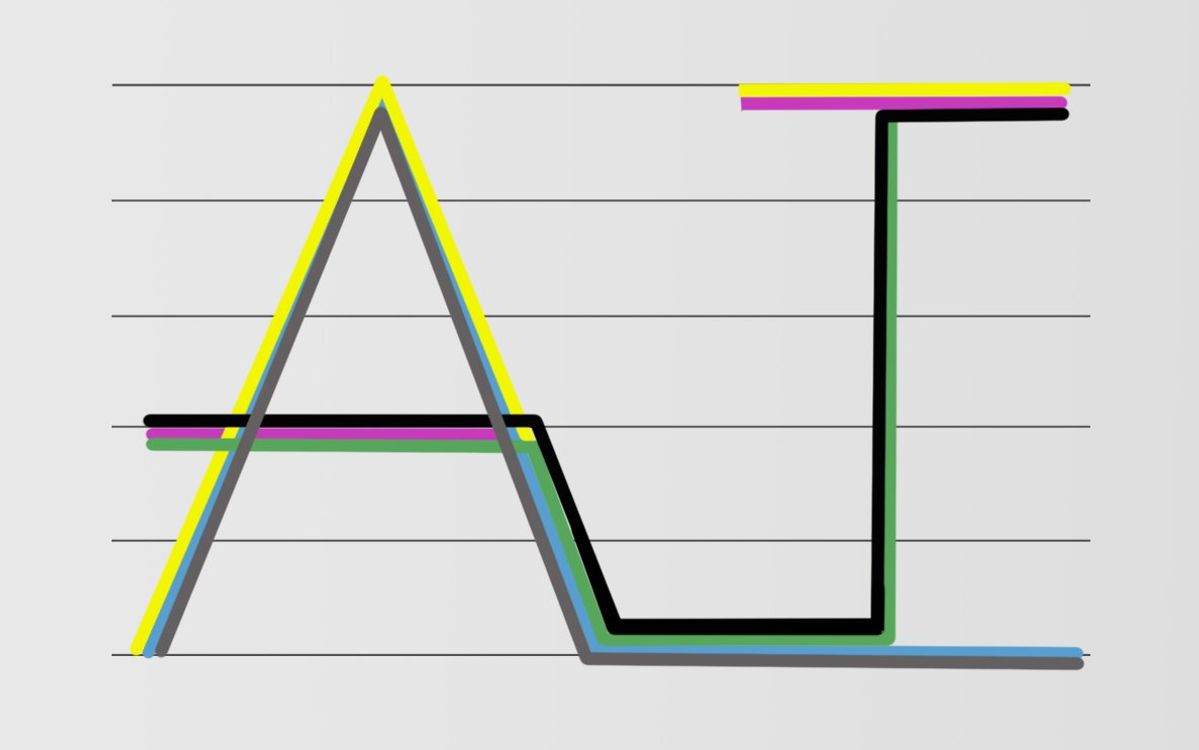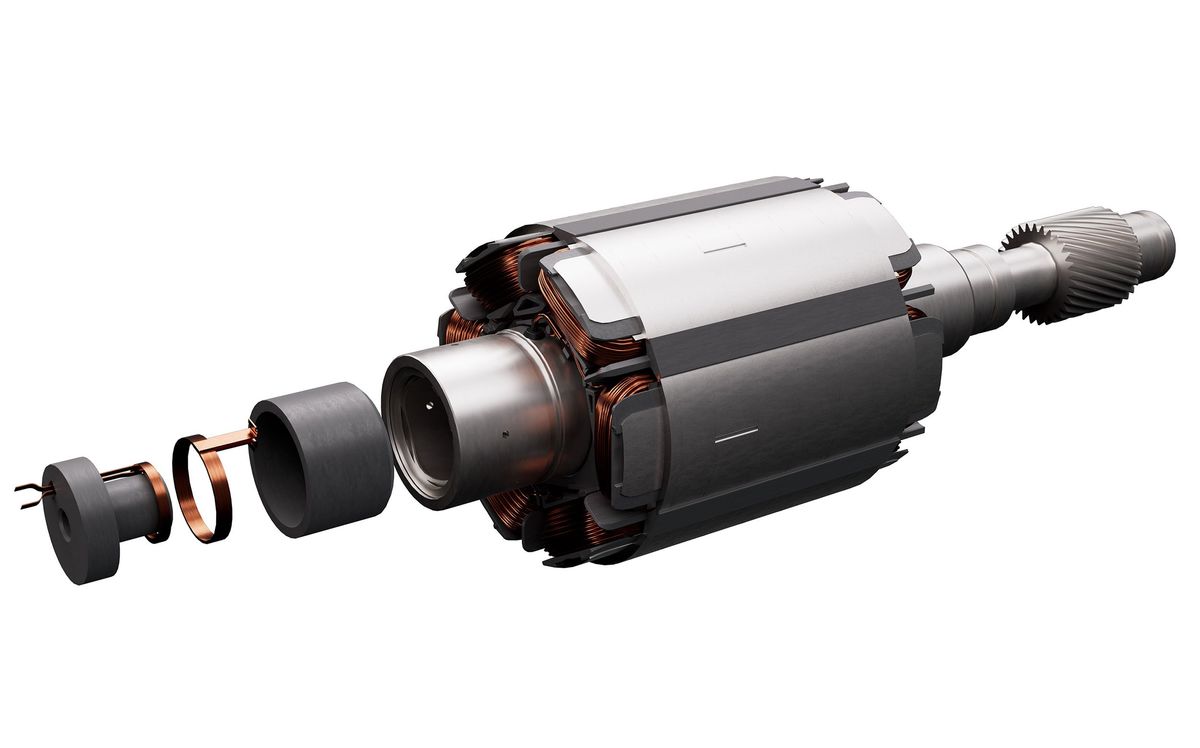Intel and AMD reached an agreement earlier this week aimed at ending a messy (read: costly) legal dispute over what AMD can do with a group of technologies the two chipmakers have cross licensed for most of this decade, and what Intel can't do to convince computer companies that it should be their exclusive chip supplier. But they still remain fiercely competitive. For AMD, the cherry on top of knowing that its bitter rival will soon fork over $1.25 billion as a penance for its anticompetitive behavior is finding out that the world’s fastest supercomputer runs on its chips.
The Cray XT5 “Jaguar,” which is at the U.S. Department of Energy’s Oak Ridge Leadership Computing Facility in Tennessee, tops the latest semi-annual list of the world’s 500 most powerful supercomputers. The system, which runs on AMD’s Opteron chips, is capable of doing 1.75 quadrillion floating point operations per second. Jaguar had been the runner up in June and last November. It now swaps places with IBM’s “Roadrunner” computer located at the Los Alamos National Laboratory in New Mexico. Roadrunner, which had held the title since the June 2008 ranking, was the first computer to break the petaflop barrier.
Still, Intel has no reason to hang its head over the news. The rest of the list paints a picture of its dominance. Of the remaining 498 slots in the rankings, computers with Intel inside occupy 402. AMD has the notoriety of having helped create the heavyweight champ. But to extend the boxing analogy further, consider this: if there were 10 weight divisions in the supercomputer game, Intel would hold eight of the title belts.
I guess both companies have reason to crow. And both have. Dueling press releases about the firms’ peta- and gigaflop achievements reached e-mail inboxes seemingly a nanosecond after the German and U.S. computer scientists who compile the list made the Top 500 announcement.
Willie Jones is an associate editor at IEEE Spectrum. In addition to editing and planning daily coverage, he manages several of Spectrum's newsletters and contributes regularly to the monthly Big Picture section that appears in the print edition.


